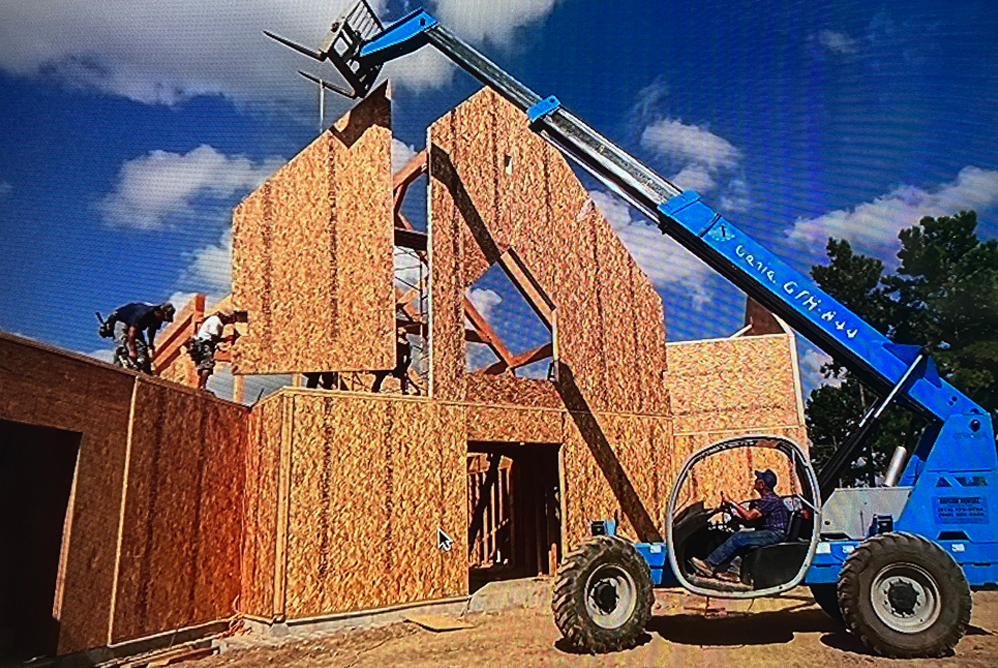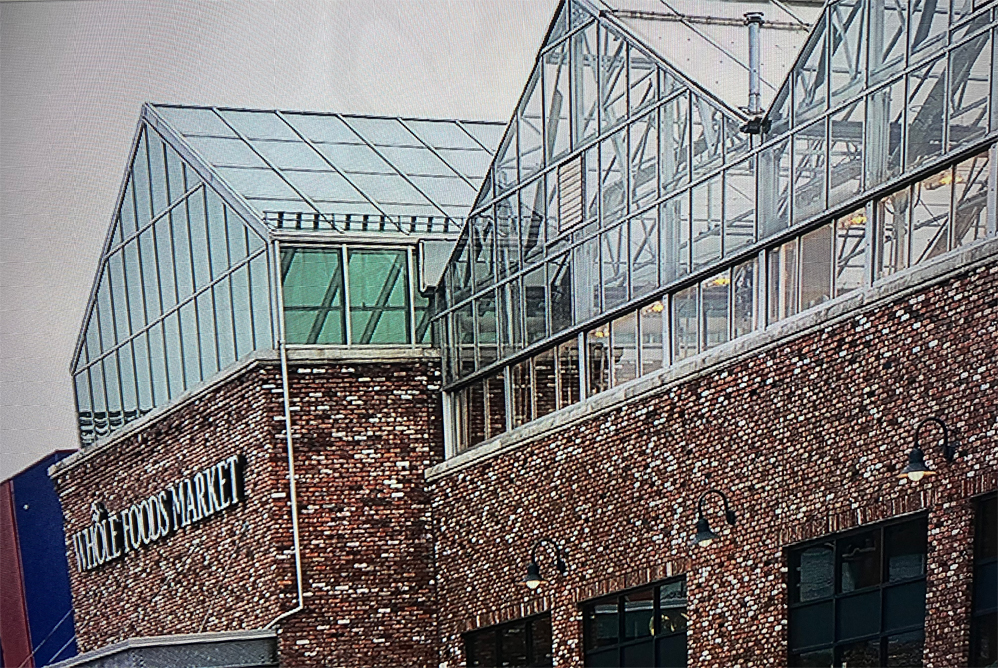Menu
About Us
Reimagining the Ecological System of CEA with integrated technologies
Industrial Ecosystems Partners is addressing the need for a resilient and sustainable food system through Controlled Environment Agriculture (CEA). By integrating leading edge technologies, BIEP aims to lower capital costs while advancing resilient and sustainable systems that reduce energy needs,
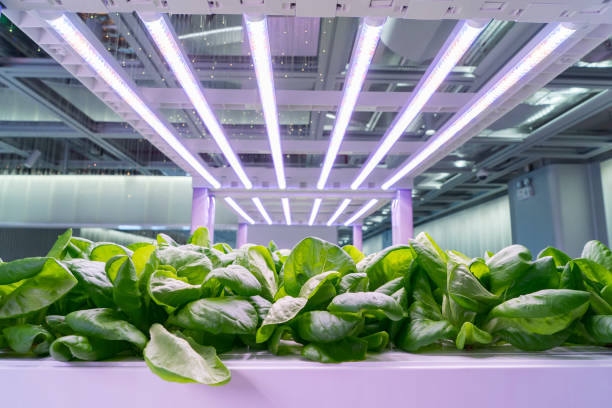
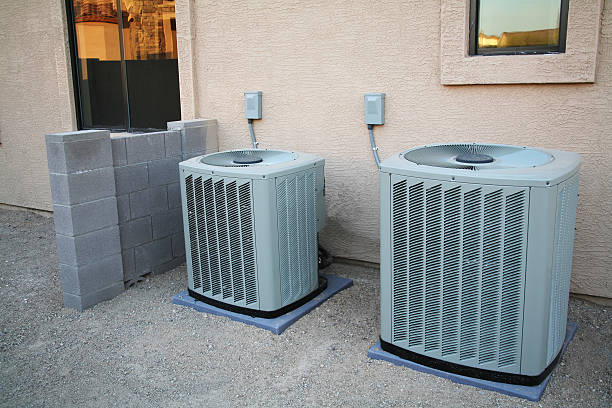
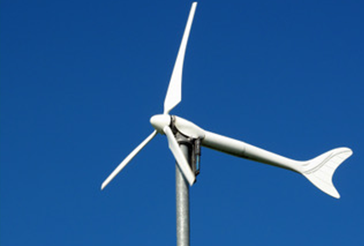
History of CEA
Innovating Advanced Environmental Control Systems and Energy Saving Technology
While growing plants indoors or in greenhouses has been around for a long time, their use to commercially produce food has been a relative recent development. Research has been largely restricted to horticultural knowledge and this has resulted in a good understanding of how plants relate to their environment. There have been significant advancements in LED lighting, equipment related to growth systems or water and nutrient delivery. Efforts to efficiently control temperature, humidity and CO2 content have been another matter, however. In an effort to better control pests and pathogens, green-houses are also seeking methods to become totally enclosed like vertical growing systems.
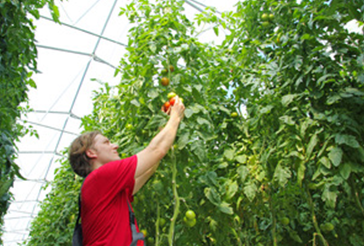
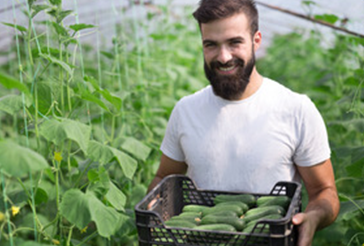
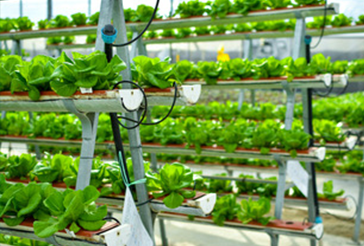
Vision
Building a Resilient and Integrated Food System of the Future
Climate change and extreme weather is becoming more apparent and is threatening our food system. Increasing temperature and elevated CO2 levels are affecting the photosynthesis of our food crops resulting in lower protein content and lower levels of nutrition. Adaptive agriculture systems will be necessary to address this issue and provide a sustainable and resilient food system. CEA will be a significant part of an adaptive food system if capital costs and energy needs can be reduced and the system brought into a more circular ecosystem for the grower. BIEP’s vision is to provide advanced environmental systems to meet this need through our products and engineering services.
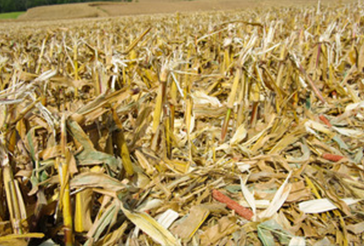
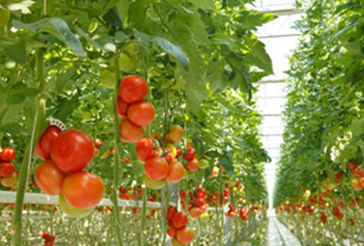
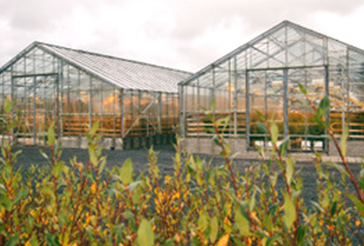
Mission
Addressing Climate Change and Diversifying The Food System
BIEP's mission is to work with the CEA industry to provide locally grown fresh food year-round. Our approach is to introduce a totally integrated deployment method that saves up front construction costs and provides the most efficient energy system available today. This method is based on a new greenfield development using structurally insulated panels (SIPS) and factory built modularized grow systems. Present systems are dependent on the electric grid. This will probably continue, but with reduced energy requirements where dedicated renewable electricity becomes more attractive.
Our grow module is unique in that it designed for a continuous harvest where a portion of the crop is harvested every day as new transplants are added to the module. All movement through the module is powered by a pneumatic system. The module can also be equipped with AI plant monitoring. The module is sized to provide for transportation using the lowest restrictions for road transportation.
Fast construction and commissioning lowers initial carrying costs for the lowest upfront investment before operations start.
